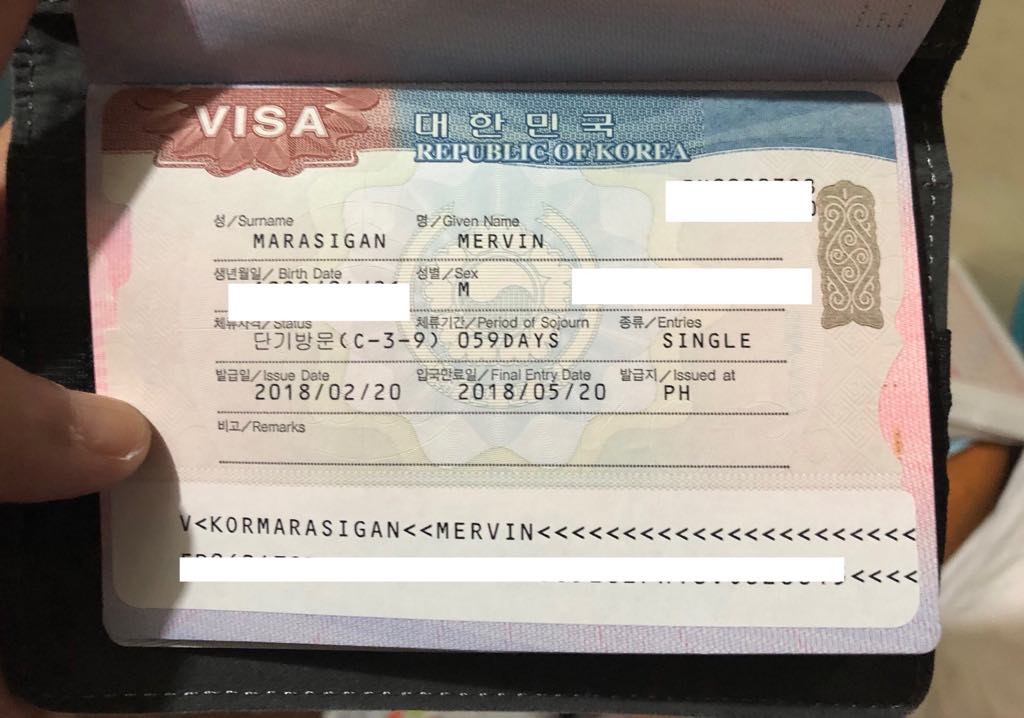So, you’ve packed your bags, bought a language phrasebook you may or may not use, and you’re ready to dive into a new country and culture. But wait—what about landing a job? Don’t worry, finding work as a foreigner isn’t as hard as it sounds. In fact, some jobs are practically waiting for you with open arms! Let’s take a look at some of the easiest jobs for foreigners to land, no matter where you’re headed.

Teaching English: The Go-To Gig
Let’s start with the obvious one—teaching English. This is probably the most popular job for foreigners in non-English-speaking countries, and for a good reason. You don’t necessarily need a degree in education (though it helps), and in many cases, just being a native English speaker is enough to get your foot in the door. Whether you’re working at a school, a language academy, or offering private tutoring, teaching English is a great way to make a living while living abroad.
Plus, teaching jobs often come with extra perks like free accommodation, paid flights, and bonuses. Not to mention, you’ll have the chance to make a real impact on students eager to learn. It’s a win-win!
Hospitality And Tourism: Work Where Others Vacation
If teaching isn’t your thing, no worries—there’s another booming sector that loves hiring foreigners: hospitality and tourism. Think hotels, hostels, bars, restaurants, and tour companies. In places with lots of tourists, speaking multiple languages is a huge asset. Your experience and language skills can make you a valuable team member in helping fellow travelers feel welcome.
Imagine working at a beach resort, guiding city tours, or serving up fancy cocktails. Sure, it might not be a desk job, but it’s definitely more fun, and you’ll meet people from all over the world. What’s not to love?
Freelancing: Work From Anywhere
Not into the whole “regular job” thing? Freelancing is the perfect solution. Whether you’re a writer, designer, or marketer, many jobs for foreigners can be done remotely. All you need is a laptop, Wi-Fi, and a bit of creativity! You can work from coffee shops, coworking spaces, or even your couch. It doesn’t get more flexible than that.
Freelancing also gives you the freedom to explore new countries while still earning money. Plus, no awkward office small talk or boring commute. Just you, your skills, and your clients—wherever in the world you are.
In conclusion, whether you’re teaching, working in tourism, or freelancing, there are plenty of works for foreigners that are easy to land. With the right mindset and a bit of hustle, you’ll be making money and living the expat life in no time. Go ahead—start packing!





